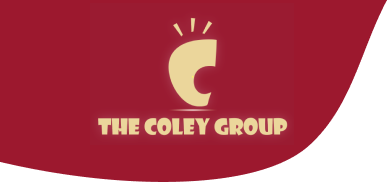When it comes to being a small business owner, there are a number of different avenues. Perhaps the most common route an entrepreneur takes is starting their business from scratch, rolling up their sleeves to bring their vision to life. In other cases, a business can be inherited. In fact, some of the most successful entities in the world have been passed down from generation to generation. Think about it for a moment. From technology to grocery, auto, and beyond, many of the strongest brands in the world have been around for decades and in some cases, longer. When it comes to entering the small business arena, starting and inheriting are two viable options, acquiring a business is another that should be explored. Acquiring means purchasing an existing operation and each year, thousands of these types of transactions are done through the SBA Business Acquisition Loan Program. These loans are part of the SBA 7a program and If you’re looking to acquire an existing business, this option was designed with you in mind.
What can be purchased with the SBA 7a Program?
A lot of what can be purchased through funds secured through the SBA Business Acquisition Loan program depends on how the business being purchased is structured. In most cases, the buyer is either purchasing assets or stocks.
SBA 7a Business Acquisition – Considerations
History of the business
Purchasing a business with a strong history is a great idea, not just from a funding perspective but just as a general practice. If you’re looking to secure funds from the SBA, be prepared to discuss the history of the business you’re targeting. First, be sure the business has been operating for anywhere from two to five years as the length of the operation will factor into the lending decision. Next, you want to make sure the business you’re trying to acquire has been profitable on a consistent basis. More importantly, be prepared to show the lender your plans to continue turning a profit and service any funds you’re able to secure.
Gather the Necessary Paperwork
If you’re planning to purchase an existing business, there are several key pieces of paperwork you must secure including:
A purchase agreement:
A purchase agreement is an agreement entered into by a buyer and a seller for the rights to a business.
Business letter of intent:
Lenders will want to see a letter of intent that shows a commitment to doing business, specifically as it relates to the particular transaction being discussed.
Tax Returns:
Three years of tax returns are required.
Financial insights:
Financial insights including any outstanding debt and long-term contracts should be disclosed. Seeing these items will give the lender further insights into the financial health of the acquisition they’ll be potentially funding.
Assets:
The lender will want to see the amount of debt the business is carrying, but they’ll also want to see the assets. Seeing the assets and comparing them to the debt will help determine the overall value of the business. In many cases, the lender might also call in an appraiser to review the operation in greater detail.
You’ll Need a Business Plan
Lenders like planners, especially when it comes to business. If acquiring a business is on your radar, you’re going to need an SBA business plan. Even if the business you’re looking to purchase has been wildly successful, your lender will want to see a document that shows how you plan to maintain this pattern, and that’s where we can help.
The Coley Group Business Plan Writers are Here To Help
Our team of professional MBA writers is trained in guiding entrepreneurs through the process of acquiring a business and developing business plans that continue propelling them toward success. For more information on how we can serve your needs, feel free to contact us today.


